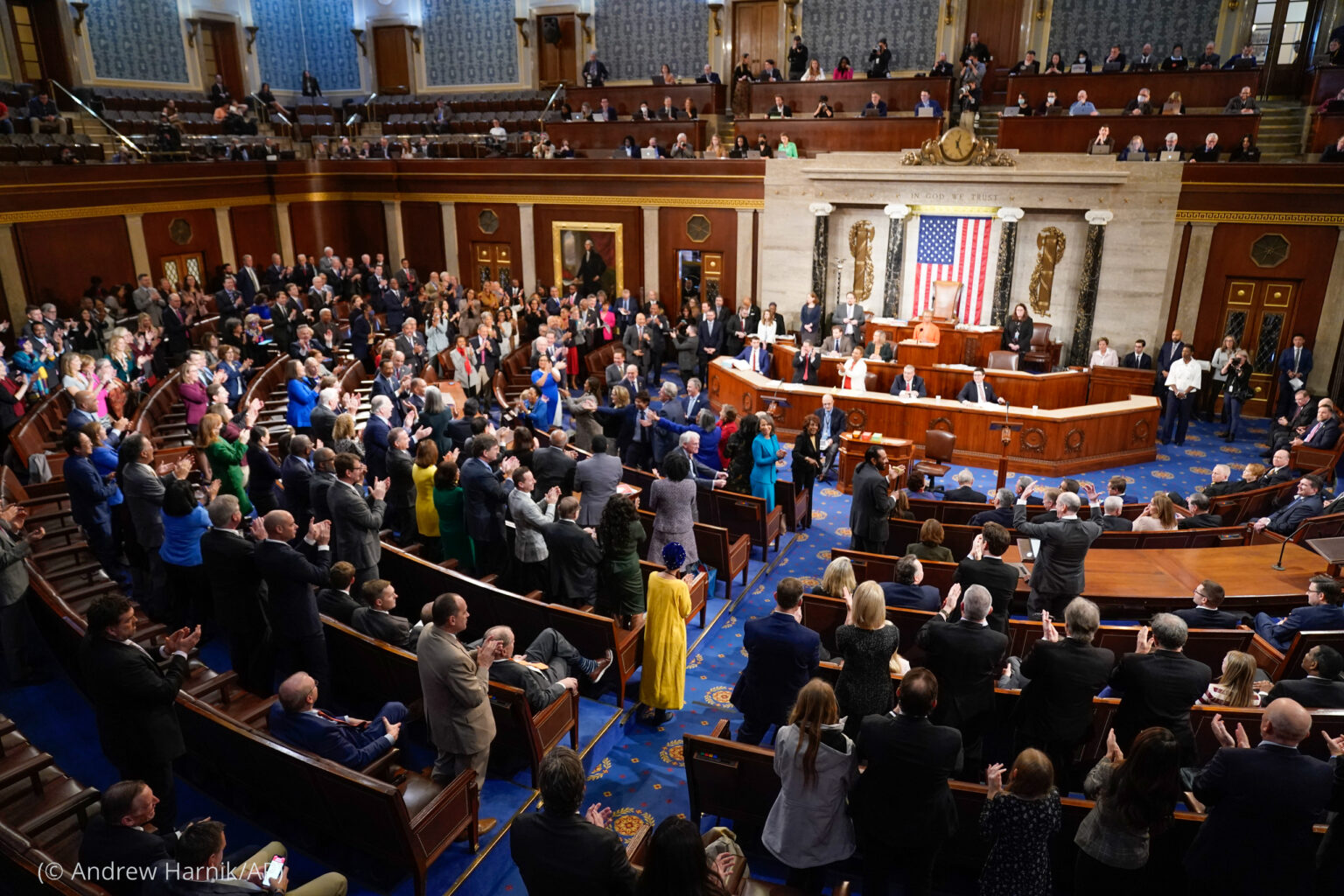The loan is expected to be drawn from a N220 billion programme at the development finance department of the central bank seeking to expand production of Nigerian crops as rice, wheat, corn, cocoa, soybean, sesame seeds and cotton for local consumption and exports.
“We are talking to the CBN to give us a loan of N17 billion from the anchor borrowers programme to cultivate between 350,000 to 400,000 hectares and we have submitted a proposal to the bank. We are having meetings on this and we are hopeful that we will have positive results soon,” Salim Mohammed, National President, Wheat Farmers Association of Nigeria, said by phone.
Wheat planting in Nigeria is predominantly done by small-scale farmers who have limited access to finance and technology as well as outdated farming skills but Mohammed sees the loan as helping minimize this challenge with the purchase of machines and improved high yield seeds which the bulk of the loan will go into.
“We are going to use majority of the loan to purchase machines that will help our farmers produce mechanically and we expect that to significantly improve output in the coming years. It is our plan that with improved varieties we now have and technology adoption, Nigeria can start producing more than 1.6 million per year by 2022,” he said.
Inadequate funding for research, mechanized farming, modern lab equipment as well as unavailability of high-quality inputs have continued to limit local output as the Africa’s largest country depends on grain import to meet consumers’ needs.
Nigeria spends as much as $4 billion a year on wheat important and plans to cut imports by 60 percent in 2025 having failed to meet the target in 2017.
























Leave a comment